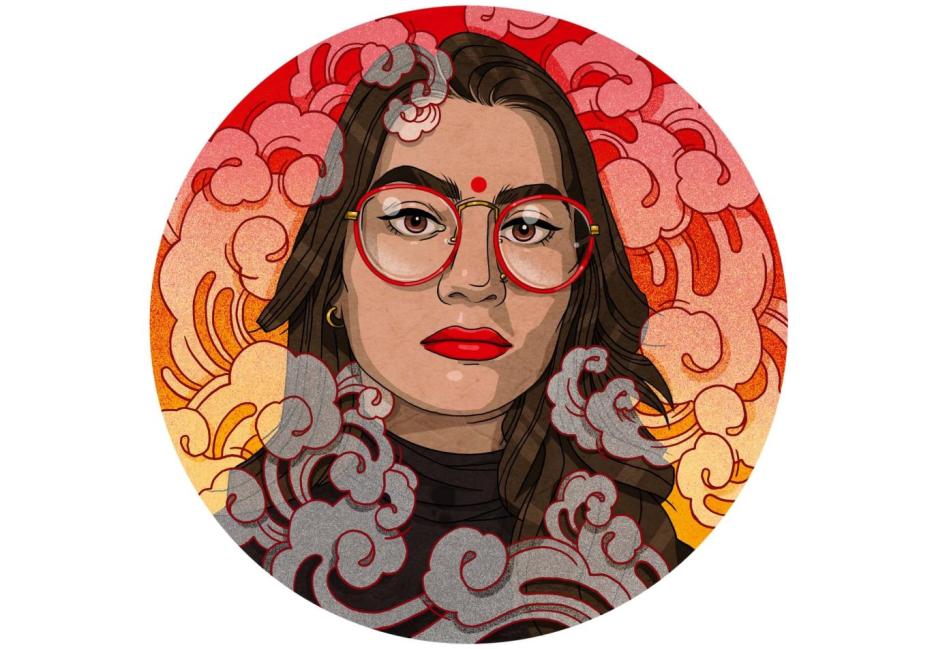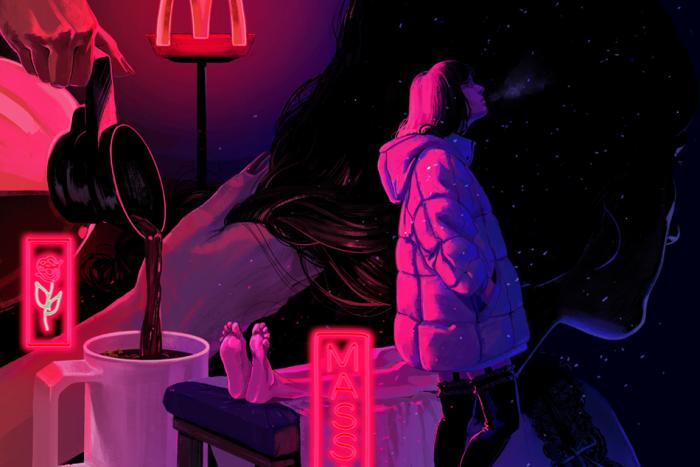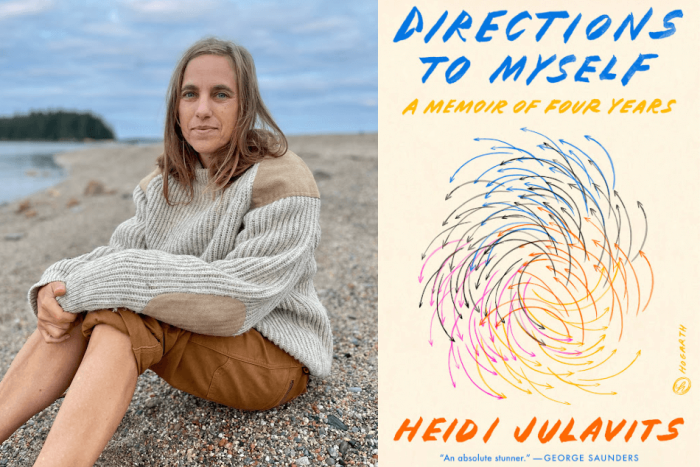Welcome to My Book Is Due, a column about everything I’m thinking about instead of writing my book.
What games of make-believe do most kids play? Princesses, bandits, royalty, superheroes. I set up stuffed animals in my bedroom as an audience, and before them I sat as both guest and host of my own daytime talk show. “It’s been so hard,” I play-wept in front of the TV host version of myself, who handed me a tissue and patted myself on the arm, reassuring me. “You’ve been so brave,” I told myself. I demurred, pretending to wear ecru pants and a tasteful shawl.
Had you asked me a few years ago how I felt about being pitied, my answer would have maybe surprised you: I loved it! Pity is just attention and underestimation wrapped in a neat package, which gives me the two things I want most in this life—to be acknowledged, and to be given a low bar to clear. All you have to do to be lauded is just make it to the next day. What more could anyone want?
But lately, I’ve been getting a little too much pity. People have been feeling a little too ready to drizzle me with their cloying empathy. First it was because of my divorce, which was finalized earlier this year. After that, I ended up requiring a painful and immobilizing foot surgery. Then, in late April, on the birthday that my mother shares with 4/20 and Hitler (her namesakes), my former employer BuzzFeed News closed up shop, liquidating the newsroom and nearly everyone’s jobs with it. I had worked there for seven and a half years. I was not surprised to not see an eighth. This was the eighth mass layoff I had witnessed in my seven and a half years at the company, and finally, I got clipped too. All’s well—the writing was on the wall when they got rid of the chocolate-covered almonds and changed the cereal options (roasted granola to corn flakes?) As for my marriage, the signs were all there too. I should have known things were over the first time I accidentally emailed my editor an angry screed intended for him.
I haven’t always been generous to my ex-husband, but I’ll give him this: at least when he fucked me, I was a willing participant. My former employer didn’t give me that much grace.
What’s funny is that I’ve discovered that people talk to you the same way when you’re getting a divorce as when you’ve just been laid off. People look at you with big wet eyes, your friends transformed into sadness-lizards, ready to impart advice and healing wisdom that you never asked for. “Well, at least it happened while you’re still young,” they say, adages that apply to either scenario. “You can always start over. I know you tried really hard. You did some good work! You’ll get back on the horse again soon. You’re never idle for long!”
The rhythm of this particular kind of pity is the same: everyone I’ve ever talked to came a-crawling out of the woodwork to talk about my divorce or my unemployment. First came friends, people I actually wanted to talk to, who knew I was waiting for a scythe to fall on my head since I graduated from journalism school in 2012 and since I got married in 2018. Then came professional acquaintances, people who I was still happy to tell tales of my woe—I was glad to talk about how I had persevered. During my divorce, I gave out my new address and a promise to have someone over for a glass of wine “when things calm down” (they never did). During my layoff, I handed out my personal Gmail and asked people probing questions about that new podcast they’re launching, just in case. (They, too, would be laid off soon enough.) Then there was a third group of people, my favourite group of people. They never know me very well, but they’re desperate to know the details of whatever misfortune they’re aware of. Their words say something like, “So how are you doing with everything?” but what they really want to ask is, “Are you doing as poorly as I think you are?” Frankly, I admire it. I wish they’d just puff out their chest and ask.
Now, when I run into people who haven’t seen me in a few months, they all address me the same way. “Heyyyyy,” they say, the number of y’s directly correlating to how worried they are about me. “How are yooooou? How have you been doooooiiiiiing?” It’s part sympathy, part pity, part anxiety. No one knows what to do with a sad person. It’s like they’re trying to play musical chairs with someone who doesn’t believe in sitting down.
I felt like I was handling the pity well: fertilizer is fertilizer, even if it’s made of your own shit. But then I found out that while I was being fired on my mother’s birthday, she was hiding a recent biopsy appointment. Capping off my personal bad luck run was one of her own, when we found out that a tumour the size of a walnut had settled in her little body. Now this is the only thing I care about. Unlike my layoff and my divorce, I don’t bring her health up to anyone for attention because I don’t want to fucking hear it: there’s nothing anyone can say to me that would make the pity worth it. Pity suggests I’m losing something, and I won’t accommodate a version of the world where her cancer is anything more than an inexplicable blip that we bypass as fast as possible.
I am furious. Every morning, I wake up with a renewed rage at her bad luck. It was supposed to be my bad luck; Why bring my mother into it?
A few weeks ago, she called me over FaceTime looking especially tired. People had been giving her the same looks they had been giving me—big wet eyes, an utterly unhelpful dose of pobrecita—and she was tired of it too. “Why do people ask me what breast it’s in?” she asked me. “I told someone the other day it was in my left breast and you know what she said? That’s so close to the heart.”
I heard my own heart thump in my ears. What fucking idiot asked my mother for the geographical location of her tumour just to tell her, incorrectly, that it’s near her fucking heart?
I felt my body harden; it hasn’t gone slack since. I don’t want pity anymore. Now I just want revenge.






